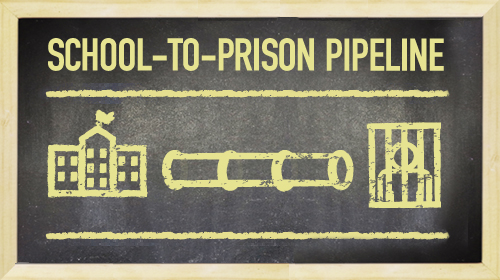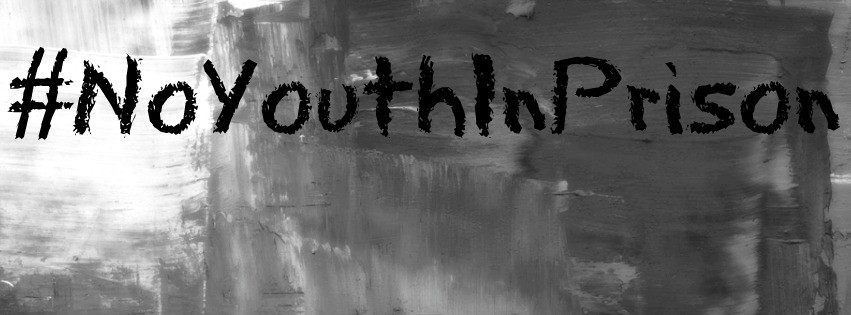
7
DESCRIPTION OF TOPIC
In a country that prides itself on social and class mobility, public education is meant to be the vehicle through which each generation can arrive at the American Dream. The advent of Civil Rights in the 1960s ensured that ALL students, regardless of the color of their skin, could partake in an integrated, public education with the hopes of sipping the sweet nectar of the upper class. Fifty years later, we have found yet another way to strip students of color of their liberties and of their education. This oppressive force is referred to as The School-to-Prison Pipeline.
The School-to-Prison Pipeline describes the processes and policies that push disadvantaged and minority students out of the classroom and into the American criminal justice system. Zero tolerance policies respond to minor infractions (such as raising your voice to a teacher, being late to class, or defending yourself in an altercation with a student) with harsh disciplinary actions – suspension and even expulsion. These policies allow for the excessive policing of schools, where law enforcement officers, not teachers, become responsible for disciplining students. Not only do these policies funnel youth unnecessarily into the prison complex system, but they specifically target and affect students of color. In 2010, the Chicago Public School System (CPS) suspended 30% of its African American student population as opposed to 6% of its white student population – that means Chicago suspended one in four African American students 5 . There is an abundance of research suggesting that students who get suspended even once are much less likely to graduate high school and increasingly more likely to end up in prison 5 . If our goal is to educate our youth and not incarcerate them then we need to be keeping them in the classroom, not kicking them out. Students of color deserve the right to be met at school with books, not handcuffs. Instead, we are conditioning our students of color to fear authority, as Javon Johnson suggests in his poem entitled, “Cuz He’s Black.”
9
